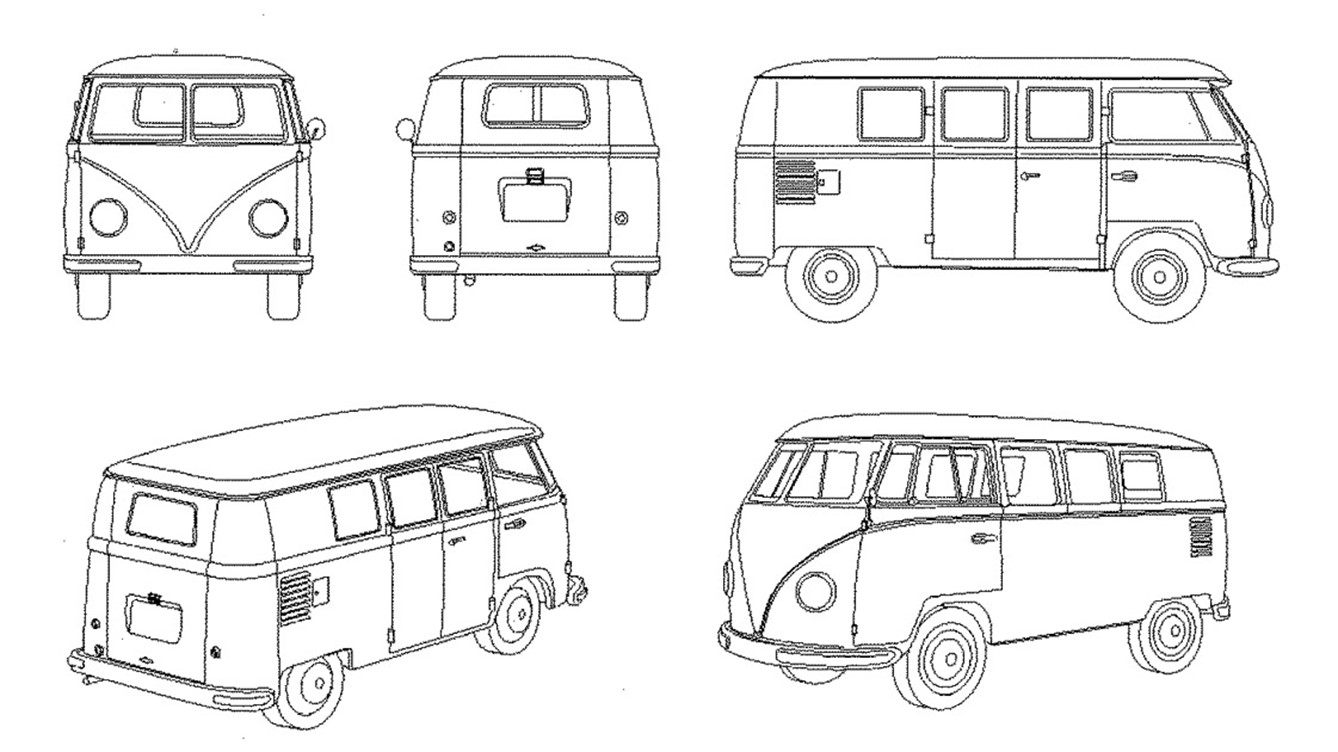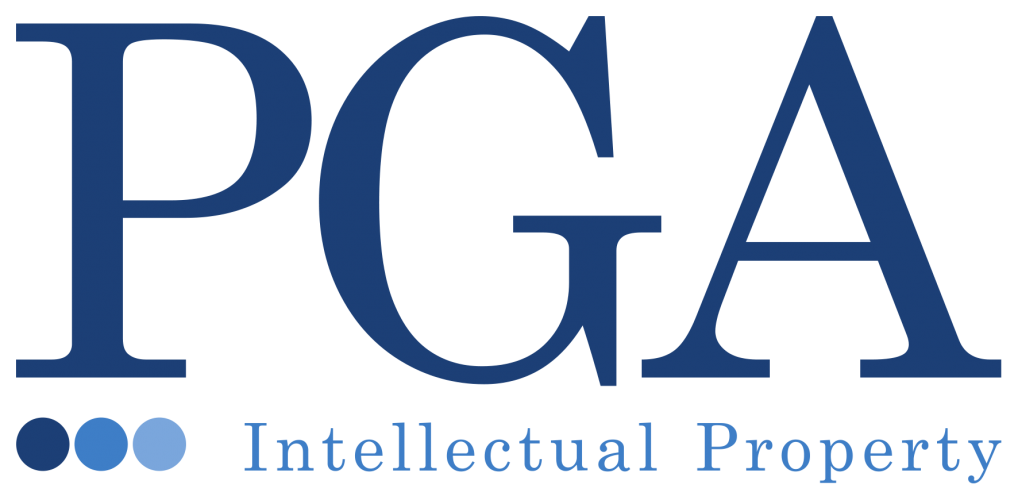PGA S.p.A., a leading IP consultancy Firm with offices in Italy and Switzerland, is seeking candidates for the position of Patent Paralegal.
Recruitment – Senior Patent Paralegal
PGA S.p.A., a leading IP consultancy Firm with offices in Italy and Switzerland, is seeking candidates for the position of Senior Patent Paralegal.
SME FUND 2024: REFUNDS FOR NEW TRADEMARK, DESIGN, AND PATENT APPLICATIONS
The SME Fund 2024 has just opened, allowing small and medium-sized enterprises based in the European Union to access refunds directly to their bank accounts, covering up to 75% of deposit fees for trademarks, designs, patents, and plant varieties. Read more
Call for MARCHI+: up to 25,000 euros in non-repayable grants
There are just a few days to go before the MARCHI+ call, which will allow Italian SMEs to obtain substantial grants for the costs of protecting their trademarks, opens.
Read more
SME FUND 2023: UP TO 75% REFUND FOR INTELLECTUAL PROPERTY PROTECTION
The opportunity to apply for the SME Fund 2023 is still open for small and medium-sized enterprises based in the European Union. The fund offers refunds of up to 75% of the official application fees for trademarks, designs, patents, and plant varieties, directly credited to the bank account.
Unified Patent Court decision: Milan to host third central division
On June 26, 2023, the Unified Patent Court (UPC) unanimously decided to designate Milan as the seat for a section of its central division, joining Paris and Munich. This decision marks a transition from London, which was originally designated but later excluded due to the Brexit. Read more
IMPORTANT NOTICE: Fraudulent requests and false registration certificates
Some users have recently received messages containing fake trademark registration certificates along with a fraudulent request for payment from the following email address: uibm-posta@minister.com. Read more
Ideas Powered for Business 2023: up to 75 percent refund for trademarks and designs opens
The Ideas Powered for Business desk is finally re-opening: SMEs will be able to get up to 1,000 euros in incentives for trademark and design applications to significantly lower the overall cost of the registration.
Funds are limited and available until exhausted. Read more
Calls open for Brevetti+, Disegni+ and Marchi+
The Ministry of Economic Development has launched the Brevetti+, Disegni+ and Marchi+ calls aimed at financing the purchase of specialized services for the economic valorization of intellectual and industrial property titles.
PGA Intellectual Property Newsletter – April 2022
Unified Patent Court: Provisional Application Period Begins
On January 19, 2022, Austria deposited its instrument of ratification of the Protocol on Provisional Application of the Unified Patent Court Agreement. This event marks the start of the Provisional Application Period (PAP) and the birth of the Unified Patent Court as an international organisation.
During the PAP, the last part of the preparatory work in establishing the Court will be conducted. The practical work will start with the inaugural meetings of the governing bodies of the Court, namely the Administrative Committee, the Advisory Committee and the Budget Committee. Thereafter the crucial work of finalising the recruitment of the judges of the Court will be carried out. It is deemed that the PAP will last at least eight months. When the State Parties are confident that the Court is functional, Germany will deposit its instrument of ratification of the UPC Agreement, which will trigger the countdown until this Agreement’s entry into force and set the date for the start of the UPC’s operations.
EPO President António Campinos said in a statement, “The imminent completion of the ratification process by Austria is the final door opener for the long-awaited Unitary Patent scheme in Europe. In a few months from now it will be possible for innovating businesses, scientists and inventors to effectively protect their new technologies with a cost-attractive patent uniformly covering the territory of all participating EU member states”.
PGA is available to help you explore the opportunities provided by the Unitary Patent and the possible impact on the existing European patents.
Feel free to contact our patent attorneys for any further information you may need.
2021 IPTO Report on patent applications
On February 8, 2022, the Italian Patent and Trademark Office (IPTO) published its report on patent filings in Italy for 2021.
Although the IPTO is an independent Office, it is undeniable that it is part of a wider European framework. For this reason, while waiting for the related 2021 EPO Report, the data shown by the Italian Patent Office may only give a partial view of the real performance of the Office.
That said, the Report shows a growth in the number of patent applications for industrial invention (+0.50% compared to 2020, +8.9% compared to 2019). The data thus confirm a positive trend dating back to 2013.
On the other hand, patent applications for utility models have decreased (-15.03%), thus confirming a “swinging” trend that is not fully consolidated yet.
Finally, validation requests in Italy of European Patents show a decrease for the second year in a row (-12.58% compared to 2020, -18.76% compared to 2019).
In light of the above, only a comparison with the EPO 2021 Report will confirm or not the trends briefly reported above.
EUIPO: Volkswagen van is a valid three-dimensional trademark
The EUIPO recently decided whether Volkswagen’s well-known “Bulli” van is a valid three-dimensional trademark.
By application filed on May 2, 2017, Volkswagen applied to the EUIPO for the registration of the three-dimensional trademark above, No. 016675721.

In a decision dated October 30, 2020, the EUIPO rejected the application, deeming the shape of the Bulli to be devoid of distinctive character for vehicles.
Volkswagen then appealed against this decision, an appeal which was upheld, with the annulment of the contested decision by the First Board of Appeal, in a ruling of November 29, 2021 (R 2421/2020-1).
In that decision, the First Board of Appeal recalled that, with regard to the assessment of the distinctive character of a three-dimensional mark:
- the assessment criteria to be applied to shape marks are no different from or more restrictive than those applicable to other types of marks;
- the more closely the shape for which registration is sought resembles the shape most likely to be taken by the product for which registration is sought, the more likely it is that the shape is devoid of distinctiveness;
- where a shape mark consists of the shape of the goods for which registration is sought, only a mark consisting of a shape which departs significantly from the norm or customs of the sector, and thus fulfils its essential function as an indication of origin, is not devoid of the distinctive character required for registration.
In this case, the EUIPO found that the V shape on the front of the van, which also resembles the head of a bug, is positioned where the public would normally expect to find a radiator grid. Therefore this shape, perceived as a distinctive feature of the Bulli, would allow the relevant public to distinguish between models of different manufacturers on the market, even without the addition of the VW logo. Moreover, the other characteristic features such as the rounded shape of the van, the division of the windscreen into two parts and the round headlights are also so unusual on the car market, that the target public would be able to recognise an indication of origin in the shape of the vehicle.
Also the shape of the Bulli was not common for vans on the market, not only at the time of filing, but also in the 1950s when the Bulli was first placed on the market.
In conclusion, Volkswagen’s application was therefore remanded to the Examination Division for further proceeding.
Distinctive character in the three-dimensional trademark: the MOON BOOT case
In a recent judgment, the EU General Court has ruled on the validity of the following three-dimensional trademark:
Registered by Tecnica Group S.p.A. for Classes Nos. 18, 20 and 25, the trademark depicts the après-ski known as “MOON BOOT”.
In 2017, Zeitneu GmbH filed an application with the EUIPO for a declaration of invalidity of the MOON BOOT trademark on the basis of Article 7(1)(b), (c), (d) and (e) of Regulation 207/2009. The Cancellation Division decided for partial invalidity of the trademark for class 25 (i.e. Clothing, footwear, headgear; soles for footwear; insoles; heels for footwear; uppers for footwear).
The decision was upheld by the Board of Appeals. As a matter of fact, the Board remarked the lack of distinctive character of the trademark, which could not be derived from its frequent imitation.
The EU General Court of First Instance has been addressed on the matter and has taken the opportunity to set out certain aspects concerning three-dimensional trademarks.
In particular, the Court reiterated that the analysis of distinctiveness of these trademarks is not substantially different from that of other types. However, it is important to remember that the perception of a three-dimensional mark is not the same as that of a figurative and/or verbal trademark. In fact, the public usually does not derive the commercial origin of a product from its shape and/or packaging.
For this reason, the Court concluded by noting that only a three-dimensional trademark, consisting of the outward appearance of the product itself, which departs significantly from the norm or customs of the sector concerned and, therefore, is capable of fulfilling its original essential function is not devoid of distinctive character under Article 7(1)(b) of Regulation No. 207/2009″.
- 1
- 2
- 3
- …
- 5
- Next Page »

 Italiano
Italiano










